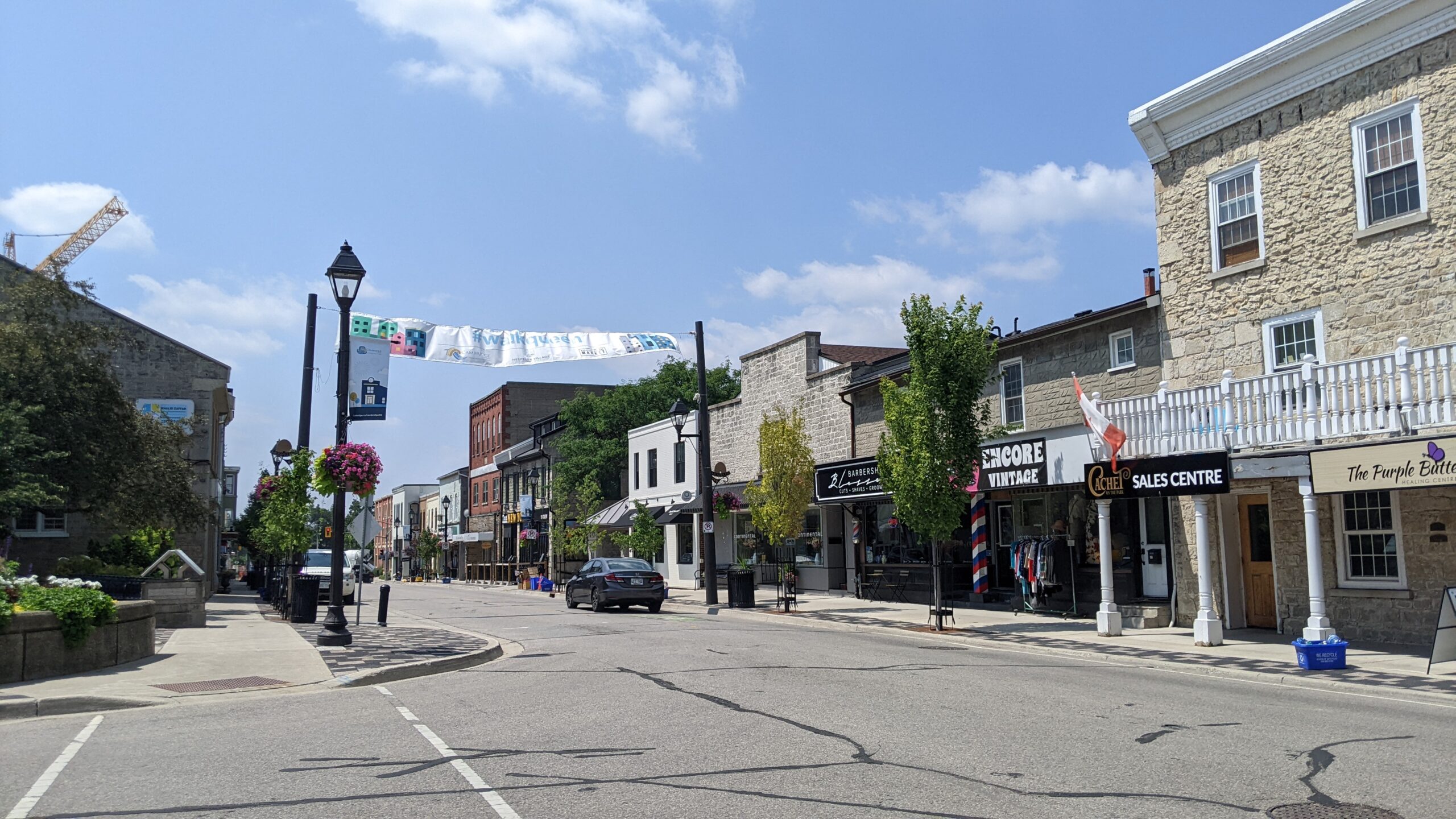On November 15th, TRACE’s Emily Guy presented at the National Trust – APT Joint Conference 2024: Building Bridges in Montreal.
She was part of a larger panel discussing recent changes to heritage and planning legislation in Ontario, prompted by the housing crisis and the impacts of these changes at the local municipal level. The panel also included Kasper Koblauch, ERA, who presented on ways to respond to a housing crisis through heritage conservation, Kayla Jonas Galvin, ARA, and Charlton Carscallen, City of Burlington, who discussed the challenges and solutions of heritage evaluation, and moderator Carolyn Van Sligtenhorst, Town of Oakville.
THE BROADEST AND THE BEST
HERITAGE CONSERVATION DISTRICTS AS THE MOST EFFECTIVE TOOL AVAILABLE TO TACKLE ONTARIO’S NEW LEGISLATIVE CHANGES AROUND HERITAGE REGISTERS
Emily’s presentation, prepared in collaboration with City of Cambridge Senior Heritage Planner, Jeremy Parsons, focused on the impacts of recent legislation changes affecting the Ontario Heritage Act (OHA) on conservation efforts in Ontario. Bills such as the 2023 More Homes Built Faster Act have compressed designation timelines and ultimately placed limitations on a municipality’s ability to recognize and protect certain sites. Furthermore, housing pressure in Ontario has intensified opposition to designation, due in part to the misconception that heritage is a barrier to reuse and urban densification.
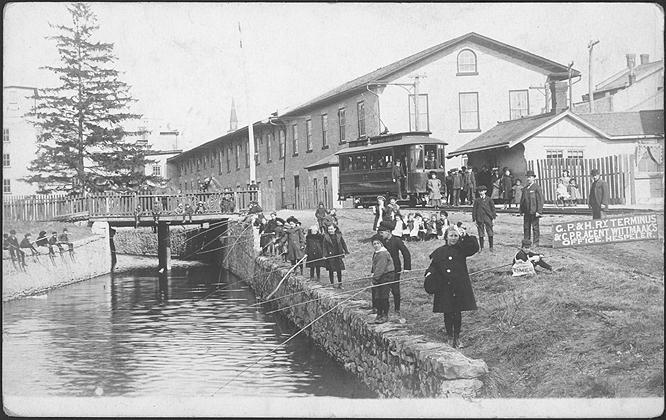
Heritage planners are left with the challenge of dealing with the thousands of listed properties on municipal registers across Ontario that will soon be left vulnerable. The removal of the middle-ground between non-status and full designation requires intensive decision making on which properties make it under part IV and which ones do not.
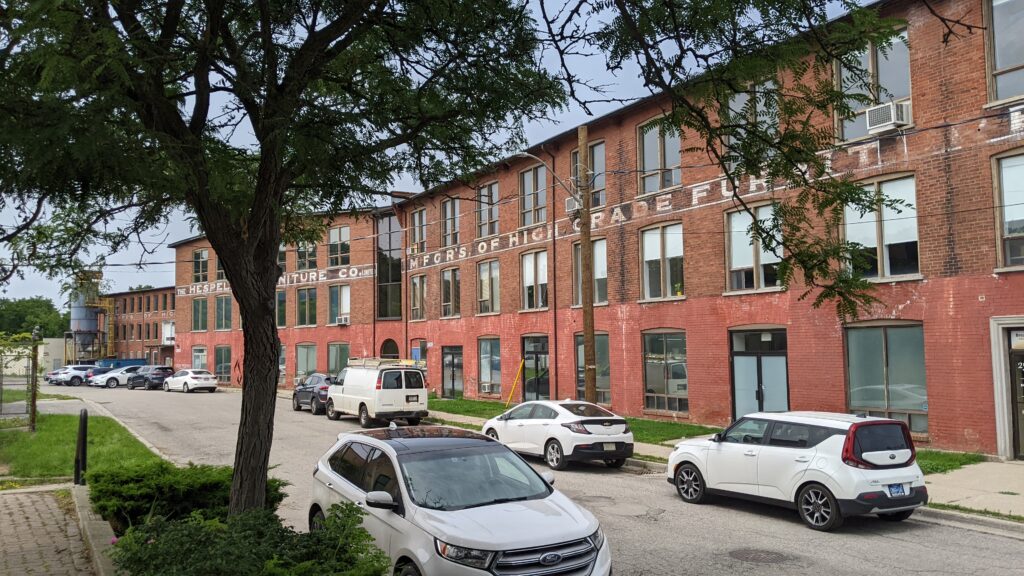
Ontario Heritage Planning Tools
Emily discussed various tools that planners can use to tackle this mandatory de-listing of properties depending on the resources available to the municipality. Through prioritized designation lists, municipalities will be able to guarantee the protection of some listed properties, but with such a short timeframe, it is the unfortunate reality that many listed properties will fall off the register. Some specific approaches that can be taken include hiring and dedicating heritage designation staff, leveraging volunteer assistance, hiring consultants, and passing a heritage conservation district (HCD) plan. The HCD approach can lead to the greatest number of designations in the shortest time by passing district wide by-laws and is an approach that many municipalities are already using.
HESPELER HERITAGE CONSERVATION DISTRICT STUDY & PLAN
TRACE was retained to conduct the Hespeler HCD Study and Plan in summer 2023, coinciding with the introduction of Bill 23. Emily described this project as a case study. Hespeler is an interesting, engaged and unique community, with a strong sense of place and a varied heritage stock. As one of three major urban centres within the City of Cambridge, it faces pressure of increased densification, traffic and the challenge of striking a balance between protection and growth.
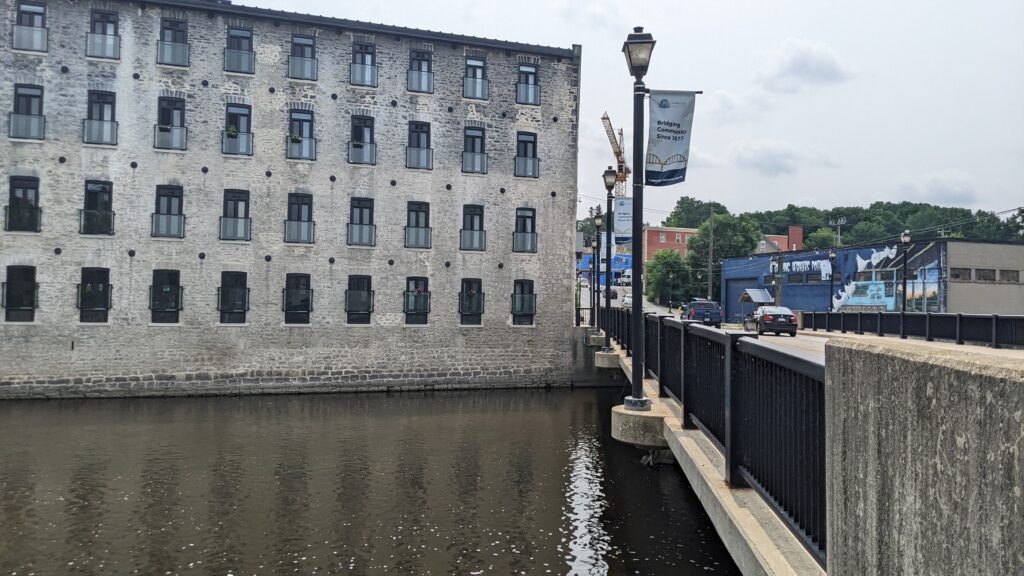
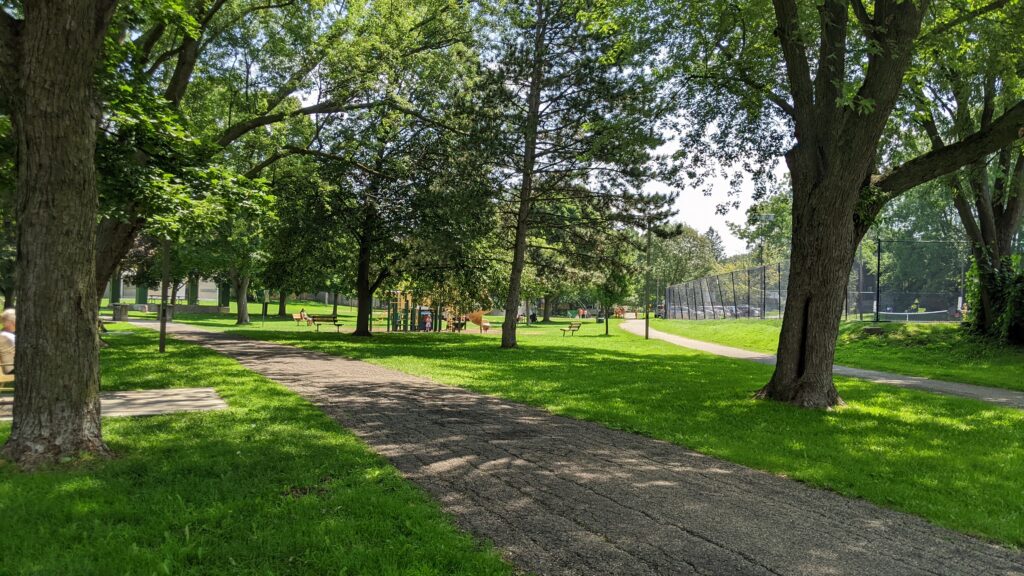
The project team began with a generous study area of over 500 properties. Through research, documentation, field survey, policy review, and a significant amount of public consultation including an online survey, the team was able to determine an appropriate boundary, encompassing the natural, industrial and residential character defining elements of the town. Taking a broad approach allowed us to explore the tangible and intangible, to see a bigger picture. It provided the opportunity to look at an origin story that was more than only buildings, and inclusive of not only many architectural styles, but cultural landscapes, natural spaces, public space, greenspace,– and ultimately has laid the foundation for the best possible plan, going forward.

